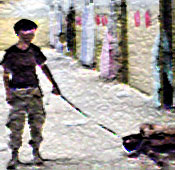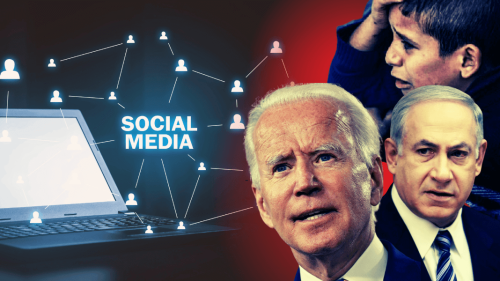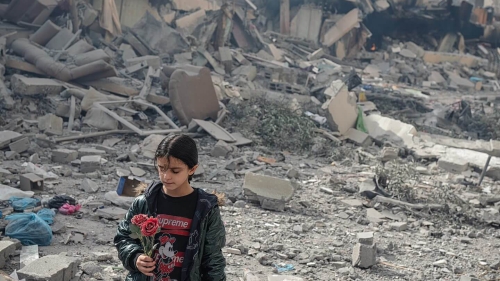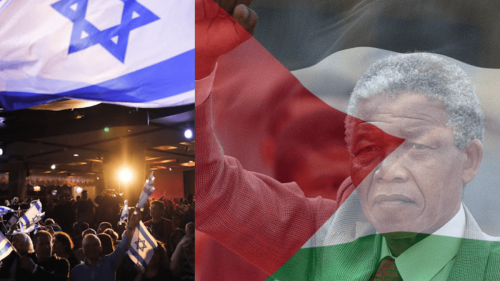Stop the Torture
 |
It is obvious now that the abusive treatment and torturing prisoners is not a rare occurrence limited to places such as Guantanamo and Abu Ghraib, but a modus operandi approved by the U.S. administration for its war on terror in Afghanistan, Iraq, and other locations where such detainees are held.
While human rights groups have been protesting all along, what convinced the Congress is the recent testimony of Captain Ian Fishback. An anti-torture provision attached to the current defense bill sponsored by Senator McCain and others passed senate by an impressive 90 to 9 votes.
However, President Bush has stated that he would veto this bill.
But, in the face of widespread opposition, Vice President Cheney met McCain to exclude its main culprit, the CIA. McCain rejected the absurd proposal. Yet we must see what sort of a compromise the Senate works out with the House?
Captain Fishback, 26, a West Point graduate and son of a Vietnam War Veteran, tried in vain for 17 months with his superiors to clarify prisoner treatment as against the provisions of Geneva Conventions. Instead, what the commanders were interested in - so that they could deal with it internally - were the names of two sergeants that the captain swore to identify.
Captain Fishback and his witnesses were troubled by what was happening at Camp Mercury, a base near Falluja. Prisoners taken before, during and after the siege of Falluja were kicked and beaten, their bones broken and skin and eyes doused with chemical irritants. Some of these prisoners were forced to form human pyramids, and others made to hold heavy water jugs with their arms outstretched.
The incidents repeatedly took place between September 2003 and April 2004. It was only after Fishback contacted Human Rights Watch and it notified his unit about releasing the report outlining the allegations that his commanders became concerned, and summoned him to Fort Bragg for questioning by investigators.
In reality, the problem began when the Bush administration seized the 9/11 opportunity to enact its hegemonic agenda, and instead of settling the dispute through peaceful means, invaded Afghanistan and then Iraq. This, while no Afghani or Iraqi was ever involved in any terrorist activity against the United States.
In order to avoid any challenge in the U.S. courts, the Afghanis captured by the U.S. army in Afghanistan were taken to an offshore base at Guantanamo Bay, Cuba. And the Bush administration repeatedly stated that the provisions of Geneva Conventions do not apply to these detainees.
It used novel and strange phrases like "enemy combatants" for those resisting its occupation, and "collateral damage" for non-combatant civilians killed in the process. Since the latter - mostly comprising of women and children in Iraq - are of no particular concern, even their counting is ignored.
The Defense Secretary Donald Rumsfeld approved improper investigation techniques to extract information from the detainees at Guantanamo. These techniques were then exported to Iraq, and other secret locations.
In addition, the administration officials have been following a policy of renditions, approved by Roberto Gonzales, the Attorney General, whereby detainees are transferred to the countries that are accused of practicing torture by the U.S. Department of State.
The irony is that the experts who have followed the torture practices over a number of years conclude that they are not only inhumane but also counterproductive, because a detainee will confess to anything under conditions of duress.
Torture is morally reprehensible, even to animals.
Isn't it time to ban torture as illegal and immoral wherever it is practiced on the face of earth? Refusal to allow cruel interrogation techniques is a measure of civilized societies, and people of conscience must not allow it to occur, anywhere.
Siraj Mufti, Ph.D. is a research and freelance journalist active in interfaith and Islamic communities.
Topics: Abu Ghraib, Afghanistan, Crime And Justice, Geneva Conventions, Government And Politics, Human Rights, Iraq
Views: 2820
Related Suggestions

















